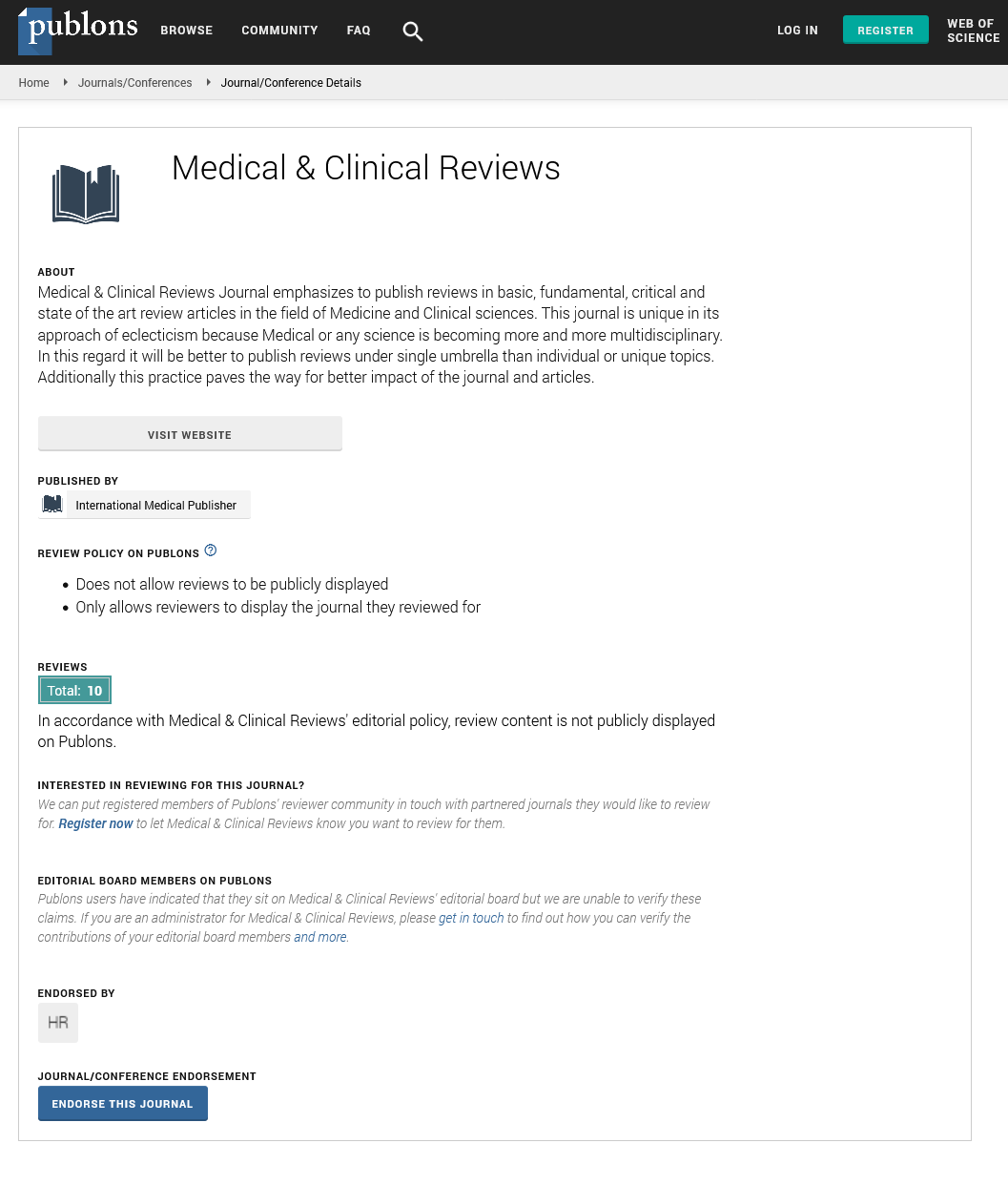Abstract
The Utilisation of Psychiatry and Other Mental Health Benefits by Members of Medical Schemes, South Africa
Introduction: Section 24 (2) (e) of the Medical Schemes Act is very clear in that a medical scheme does: “not or will not unfairly discriminate directly or indirectly against any person on one or more arbitrary grounds, including race, gender, marital status, ethnic or social origin, sexual orientation, pregnancy, disability or state of health”.
Furthermore, section 9(4) of the Constitution is relevant and provides that: "No person may unfairly discriminate directly or indirectly against anyone on one or more grounds, including race, gender, sex, pregnancy, marital status, ethnic or social origin, colour, sexual orientation, age, disability, religion, conscience, belief, culture, language and birth."
Socioeconomic factors, inequalities, misdistribution of specialists’ services such as mental health and psychiatry services potentially result in some form of discrimination.
Objectives: The objective of this paper was to assess access to healthcare benefits paid to three medical service providers who are treating beneficiaries diagnosed with disabilities.
Setting: Medical schemes population, South Africa
Methods: The study utilized a cross-section design, using annual statutory returns data. The study mainly considered medical schemes claims data for psychiatrists and mental health related chronic conditions. The Entry and Verification criterion employed by the CMS (Council for Medical schemes) was employed to identify beneficiaries with chronic conditions. The analysis was conduction in SAS.9.4 (North Corlina).
Results: In this study, there were at the most 3 776 psychologists, and the median rate of benefit paid per event was R872 Interquartile range (IQR: R842-R916). The study also included a total of 620 psychiatrists and their median benefit paid per event was R1 119 (IQR: R1 013-R1 181). The number of psychologists was higher at 4.2 per 10 000 beneficiaries. It is still concerning that beneficiaries of medical schemes attracted co-payments as high as five percent (5%) for services such as a psychiatry benefit.
Conclusion: Inadequate access to benefits by beneficiaries of medical schemes with disabilities, as a consequence of poorly designed benefits, market forces and poor quality of care, also results in discrimination. Lastly, for psychiatrists, the government has to avail more training posts rather than merely increasing the salary of an individual psychiatrist.
Author(s):
Michael Mncedisi Willie
Abstract | Full-Text | PDF
Share this

Google scholar citation report
Citations : 906
Medical & Clinical Reviews received 906 citations as per google scholar report
Medical & Clinical Reviews peer review process verified at publons
Abstracted/Indexed in
- Google Scholar
- China National Knowledge Infrastructure (CNKI)
- Directory of Research Journal Indexing (DRJI)
- WorldCat
- Publons
- Secret Search Engine Labs
Open Access Journals
- Aquaculture & Veterinary Science
- Chemistry & Chemical Sciences
- Clinical Sciences
- Engineering
- General Science
- Genetics & Molecular Biology
- Health Care & Nursing
- Immunology & Microbiology
- Materials Science
- Mathematics & Physics
- Medical Sciences
- Neurology & Psychiatry
- Oncology & Cancer Science
- Pharmaceutical Sciences


